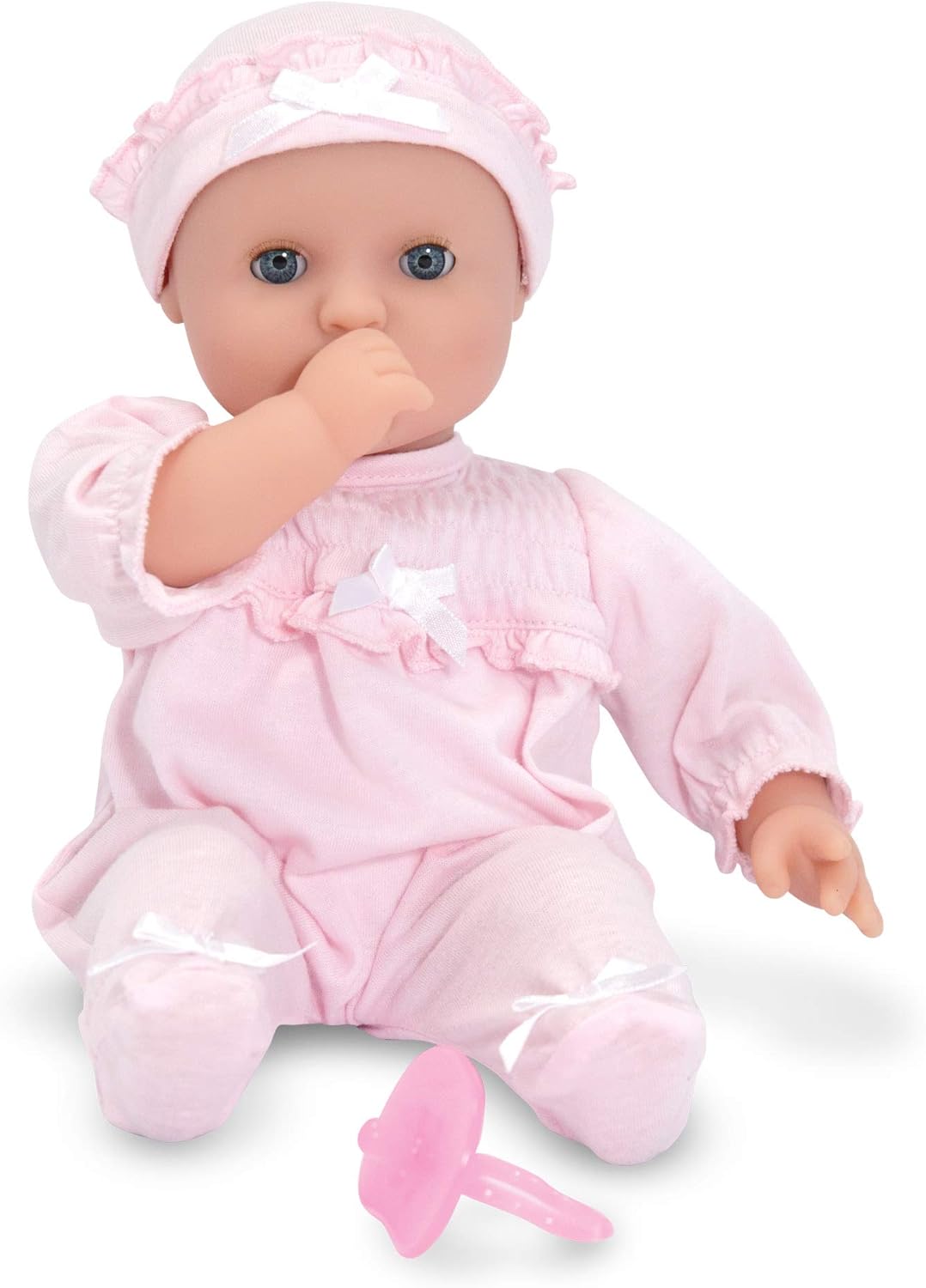Puzzles are popular toys and games that involve assembling pieces to create a complete picture, solve a problem, or meet a specific challenge. They come in various forms, sizes, and levels of complexity, catering to a wide range of ages and interests. Here's what you need to know about puzzles:
Types of Puzzles: There are numerous types of puzzles, including jigsaw puzzles, crossword puzzles, sudoku, brain teasers, logic puzzles, 3D puzzles, and more. Each type has its unique characteristics and challenges.
Jigsaw Puzzles: Jigsaw puzzles are among the most well-known types. They consist of interlocking pieces that, when correctly assembled, form a complete picture.These puzzles can have a varying number of pieces, from a few dozen to thousands, making them suitable for different skill levels.
Educational Benefits: Puzzles offer various educational benefits, especially for children. They promote problem-solving skills, spatial awareness, hand-eye coordination, and patience. Puzzles can also be used for learning purposes, such as teaching geography, anatomy, or history.
Stress Relief: Solving puzzles can be a relaxing and meditative activity for many people. The focus required to complete a puzzle can help reduce stress and anxiety.
Brain Training: Puzzles like crossword puzzles, sudoku, and brain teasers are often used as brain-training exercises to improve memory, cognitive skills, and mental agility.
Collectible Puzzles: Some people enjoy collecting puzzles as a hobby. These collectors may seek out rare or vintage puzzle sets and appreciate the artwork or craftsmanship of the puzzles.
Social Activity: Puzzles can be a social activity, with friends or family members working together to complete a challenging puzzle. It's a great way to bond and spend quality time together.
Custom Puzzles: Many companies offer custom puzzles that allow you to create a puzzle from your own photos or artwork. These make for unique and personalized gifts.
Online Puzzles: In the digital age, many puzzles are available online as apps or websites, offering a convenient way to enjoy puzzles on devices like smartphones and tablets.
Difficulty Levels: Puzzles come in varying levels of difficulty, from easy puzzles suitable for children to complex puzzles that challenge even the most experienced puzzle enthusiasts.
Themes: Jigsaw puzzles often feature a wide range of themes, including landscapes, animals, famous artworks, and scenes from movies or television shows.
In summary, puzzles are engaging and versatile toys and games that offer educational, stress-relief, and social benefits. They come in various types and difficulty levels, making them suitable for people of all ages and interests. Whether you enjoy the satisfaction of completing a jigsaw puzzle or the mental challenge of a crossword, puzzles have enduring appeal as a form of entertainment and mental exercise.




